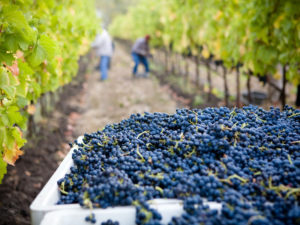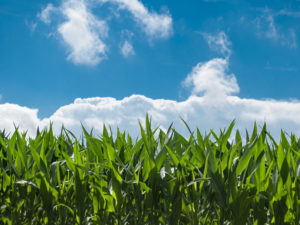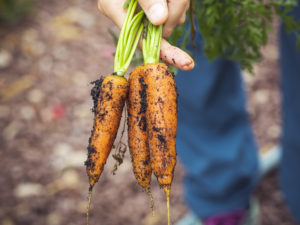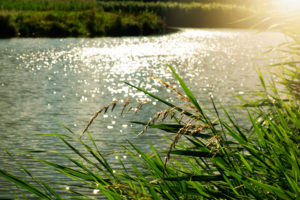Acknowledge Indigenous Land
For approximately 14,000 years, Native people have lived on the land that we now call Duluth, Minnesota. Various Native American tribes, including the Assiniboine, Cree, Cheyenne and Dakota peoples have inhabited and cared for this land at some point in time. The Dakota, also known as the Sioux, lived in the Northern Minnesota region, including present-day Duluth, into the mid 1600s, until gradually shifting south and westward, making room for the Ojibwe people. The Ojibwe, also known as the Anishanaabeg and Chippewa had been migrating into the region, motivated in part by the fur trade with the French, and by the mid 1700s occupied most of the region.
US settlement and economic interests began to seriously encroach on the traditional way of life of the Ojibwe people and Dakota people in Northeastern Minnesota beginning in the early 1800s. A series of treaties, including the 1854 Treaty of La Pointe, ceded the land that now includes the City of Duluth, to the US government and established reservations for the Fond du Lac and Grand Portage Bands of Lake Superior Chippewa. Through these treaties the Ojibwe retained traditional hunting and fishing rights within the ceded territory.
With this history in mind, a land acknowledgement is a formal recognition that Duluth occupies the traditional, ancestral and contemporary land of indigenous people, such as the Ojibwe. It is a recognition of the great historical, cultural, spiritual and personal significance of the relationship between the land and the traditional stewards. A land acknowledgment is only a first step in honoring the sovereignty of Native American nations within the US, learning from and building relationships with the Native Americans whose traditional land the City of Duluth resides on.
In regards to stewardship of the land, the Duluth community has much to learn from its Indigenous inhabitants, who have lived for thousands of years on this land in harmony with nature. The Ojibwe people have a long history of relying on hunting and seasonal food gathering activities such as harvesting of berries, vegetables, maple sugar, and most importantly, wild rice, or manoomin. Colonization and the establishment of reservations disconnected many Ojibwe people from their traditional ways of life and food systems, and threatened their traditional stewardship of wild rice beds. In the 1990s, wild rice was named an endangered food, but in recent years, Ojibwe and other Native peoples have organized and advocated for the restoration of wild rice habitats and traditional food systems.
To learn more about the history of Indigenous people in Duluth, visit the Onigamiinsing Dibaajimowinan-Duluth’s Stories website and learn more about the treaties that ceded traditional native land, including Duluth. You can also learn more about traditional Ojibwe food practices and read more about land acknowledgements, especially, specifically here in Duluth, by reading about University of Minnesota Duluth’s formal land acknowledgement, which was officially adopted in the Fall of 2019.
Did you take this action? Report it!
Help us show our collective community impact by reporting that you took this action.



